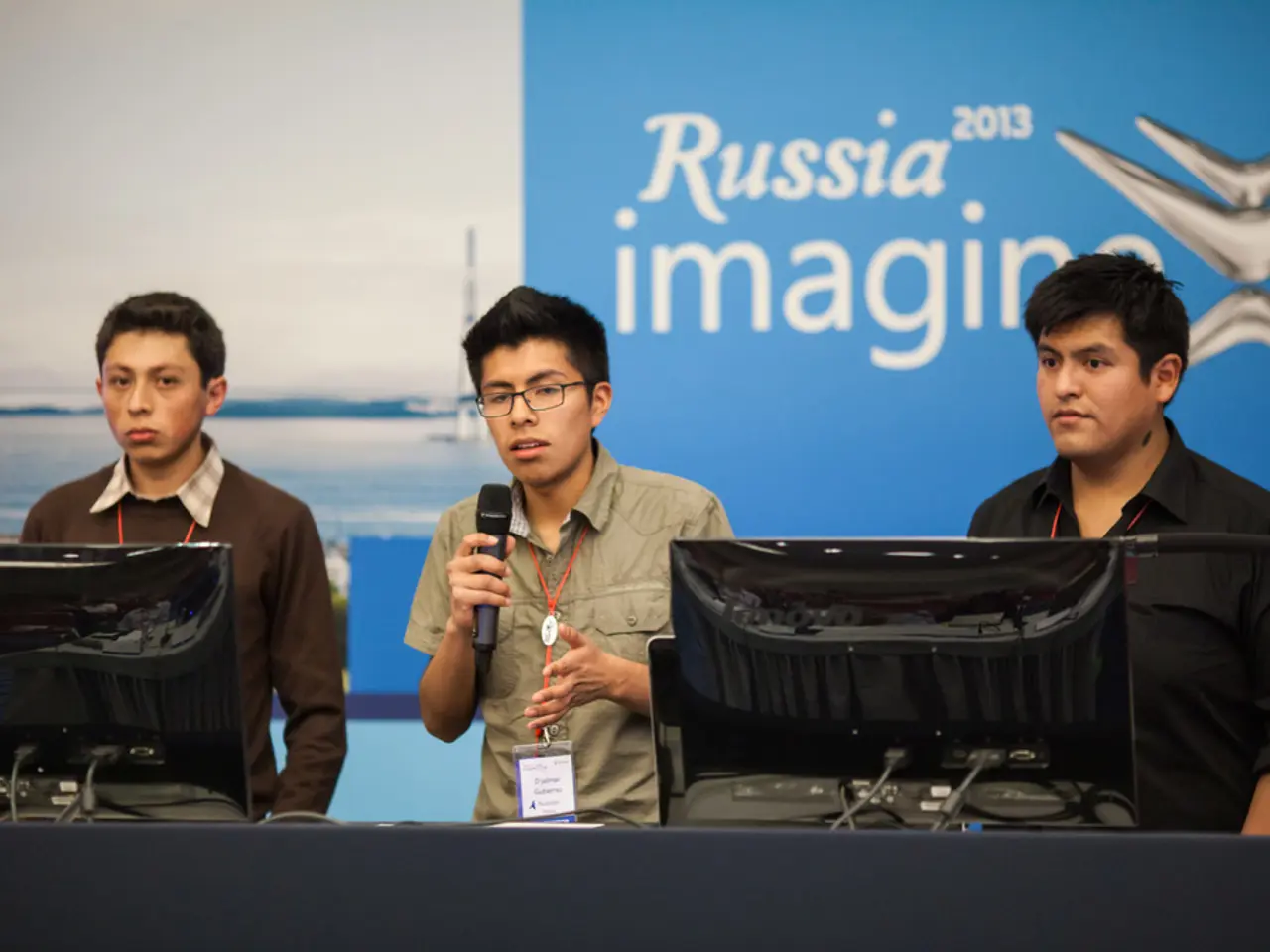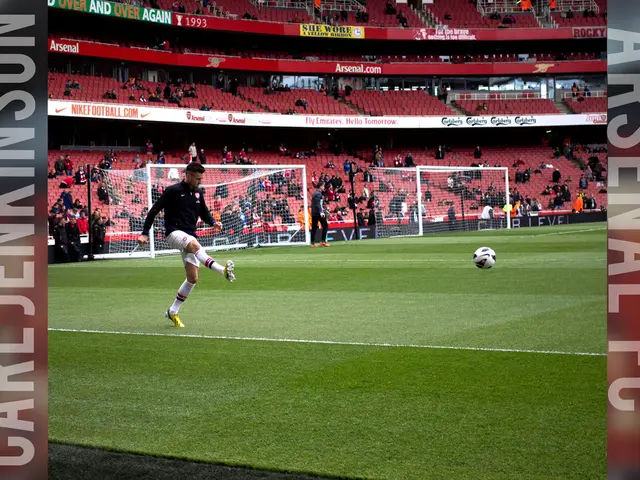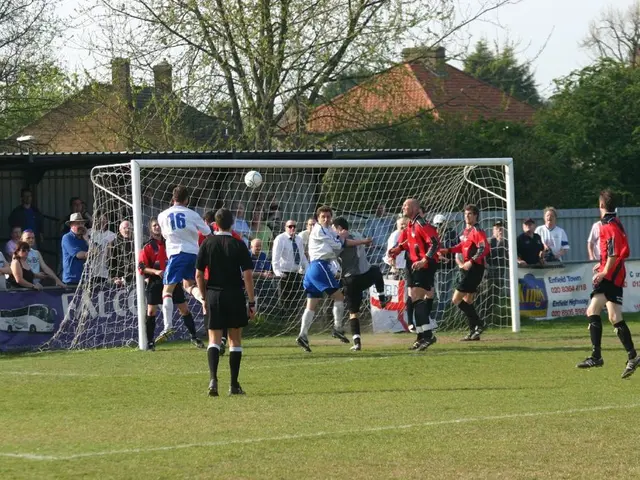Assessment of the Virtual Ukraine Summit by German Media - Assessment of the Virtual Ukraine Summit by German Media Unveiled
In a significant development, Ukrainian President Volodymyr Zelensky met with German Chancellor Friedrich Merz, US President Donald Trump, and Europe's partners in a virtual conference aimed at coordinating efforts to resolve the ongoing conflict in Ukraine.
The only remaining demand for Ukraine, as stated by Chancellor Merz, is the 'security guarantees' he mentioned during the summit. However, the details of these security guarantees and their implementation remain unclear.
German media reflect a cautiously optimistic but measured evaluation of the summit. Chancellor Merz described the meeting as showing "good progress" within expected boundaries, despite some "disturbing images." This assessment suggests hope tempered by realism, indicating that while progress has been made, the complexities of the Ukraine war limit expectations for swift breakthroughs.
The summit marked a clear signal that Ukraine has a say in its fate, with the Ukrainian President being invited to the conference. Europe's representatives emphasized their demands for a ceasefire, security guarantees for Ukraine, and Ukraine's involvement in the negotiations during the meeting.
There is a broad agreement among European leaders, including Merz, on the positions regarding Ukraine. However, the unpredictability of US President Donald Trump is a concern among European leaders, and the extent to which these demands will be addressed during Trump's meeting with Russian President Vladimir Putin is uncertain.
The German newspaper "Bild" stated that while the West is talking, Putin is sending soldiers and tanks to advance in Ukraine, and that Putin's negotiating table is the battlefield. This underscores the potential for the conflict to escalate into a NATO-Russia war if not handled carefully.
Europe is supporting Ukraine as a mediator between the blocks, but is also considering a Plan B in case diplomatic efforts fail. The three-year war between Russia and Ukraine has not resulted in a clear winner, with Russia currently holding an advantage. This could potentially lead to Ukraine being required to cede land.
The meeting took place before Trump's meeting with Putin in Alaska to discuss the war in Ukraine. The newspaper "Suedwest Presse" described the meeting as a "scoop" for having both Trump and his vice J.D. Vance virtually, and Zelensky in person, to prepare for the conversation with Putin.
Germany continues to deliberate its precise foreign and security policy role in the conflict. Despite internal debates, there is a desire for coordinated, strategic foreign policy, as demonstrated by the coverage of the summit in German public broadcasts.
In summary, the summit was a positive but cautious step: progress has been made in diplomatic engagement and alignment, but the complexities of the Ukraine war limit expectations for swift breakthroughs, and Germany continues to deliberate its precise foreign and security policy role. The potential for the conflict to escalate remains a concern, and Europe is preparing for all eventualities.
Read also:
- Massive 8.8 earthquake hits off the coast of Russia's Kamchatka Peninsula, prompting Japan to issue a tsunami alert.
- Court petitions to reverse established decision on same-sex marriage legalization
- Proposed Standardization of Food Labeling Laws Among Member States by the Commission
- Experimenting with Merz's Germany has stretched into an extended period of time, resembling a numerous three-month duration.








